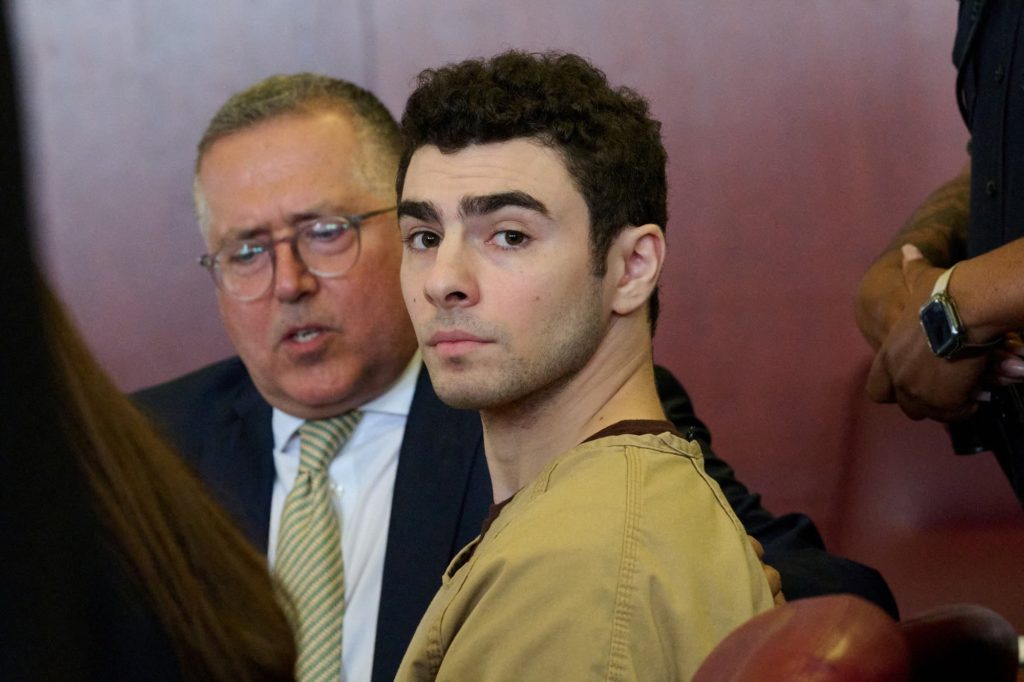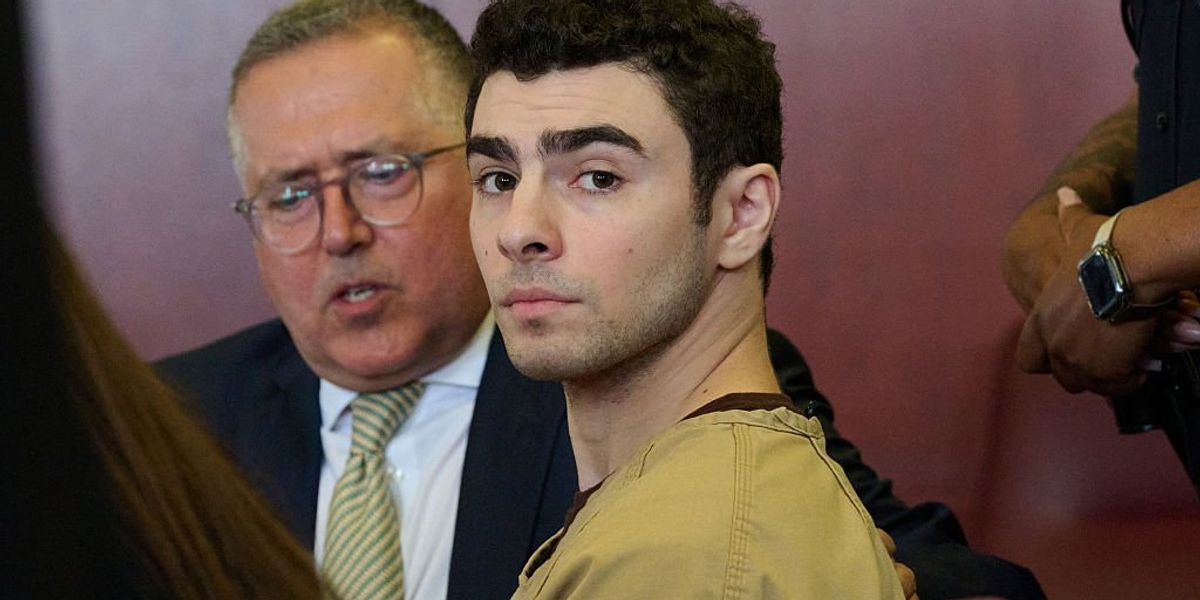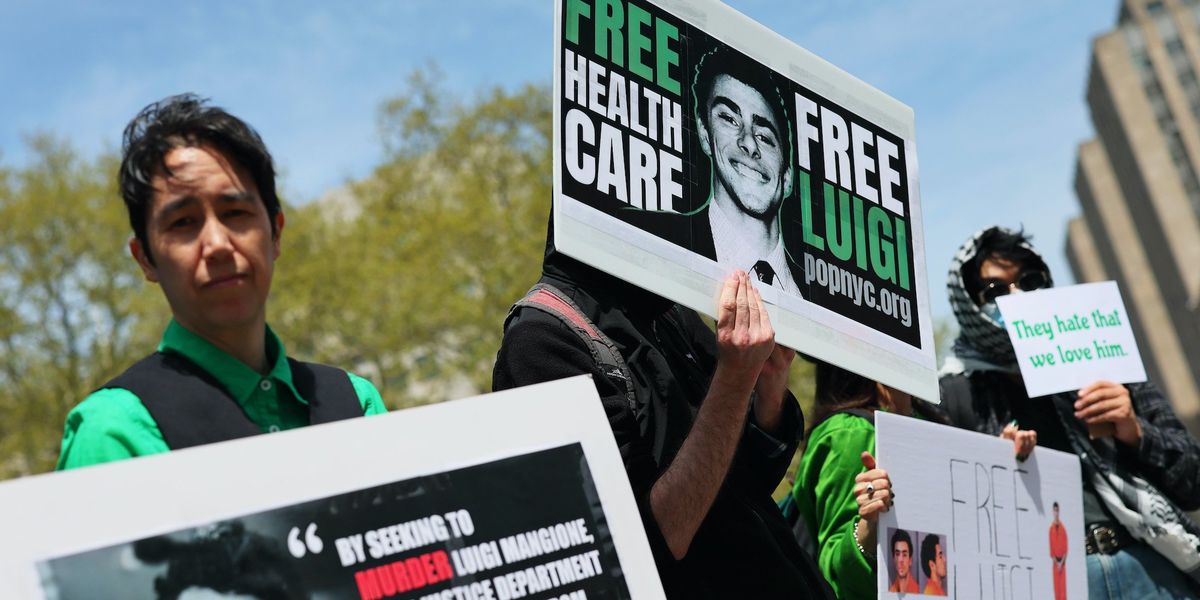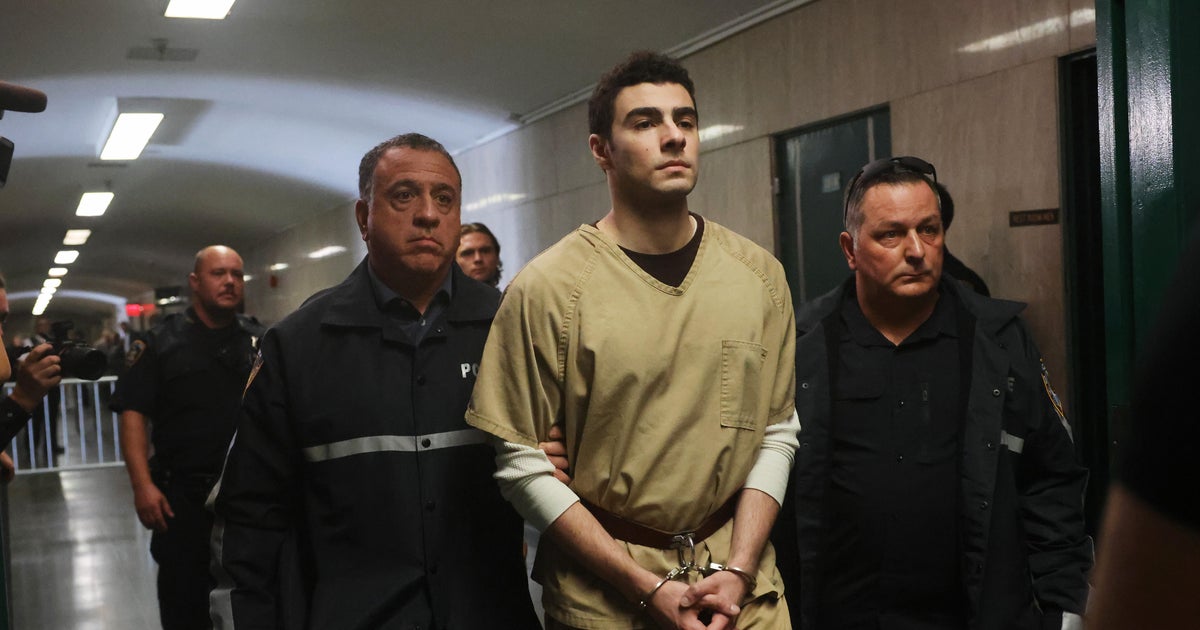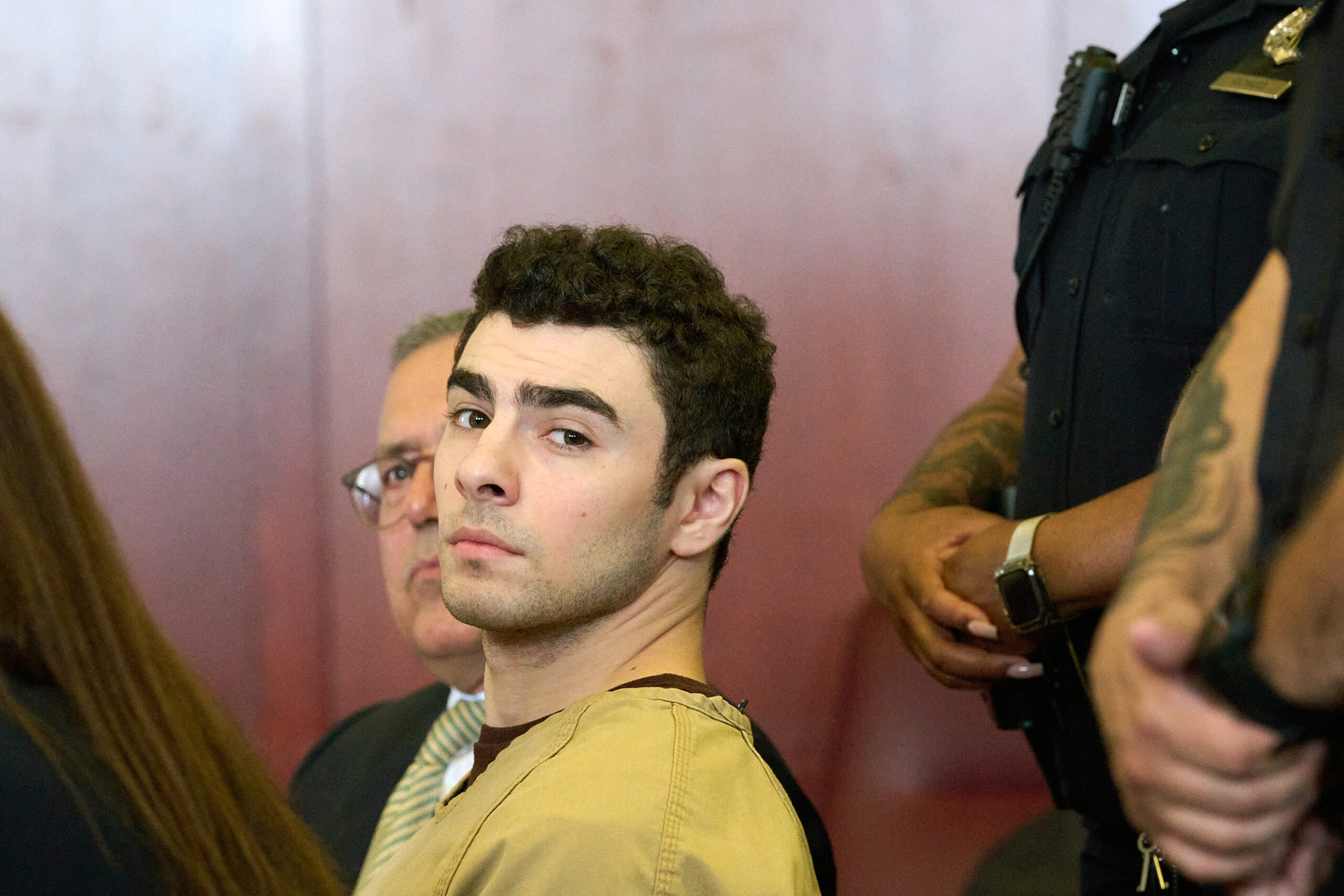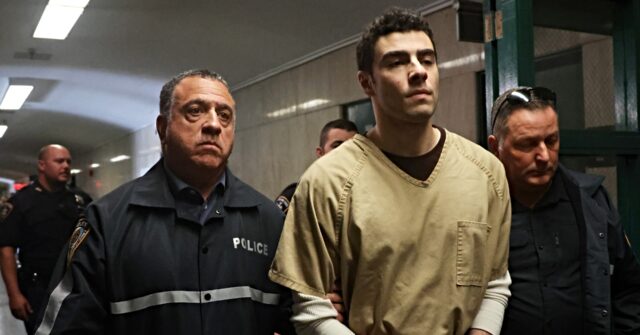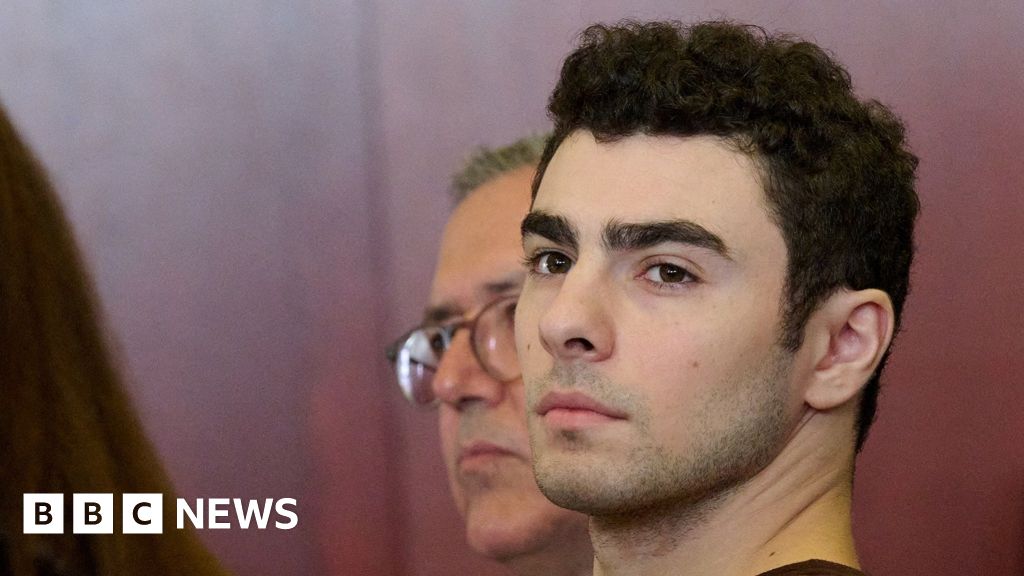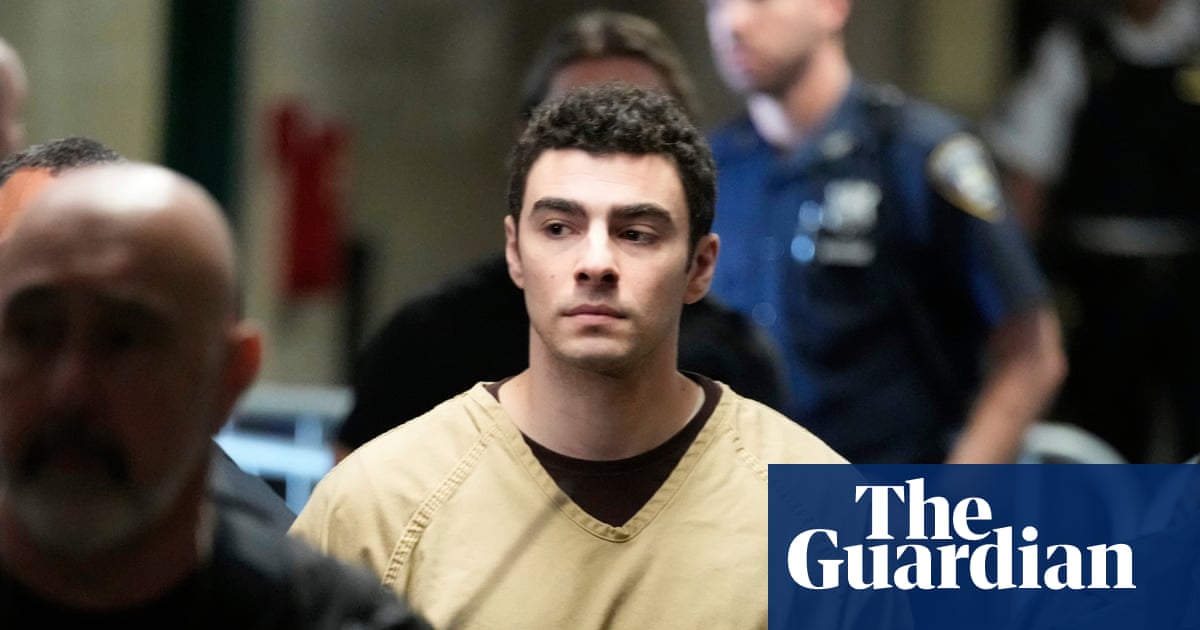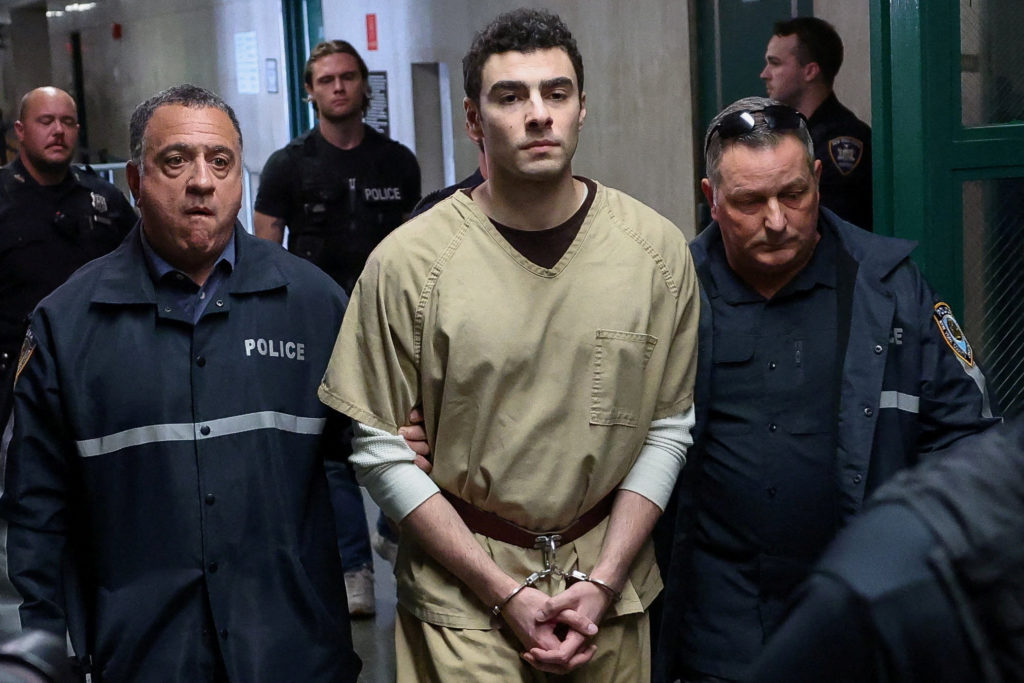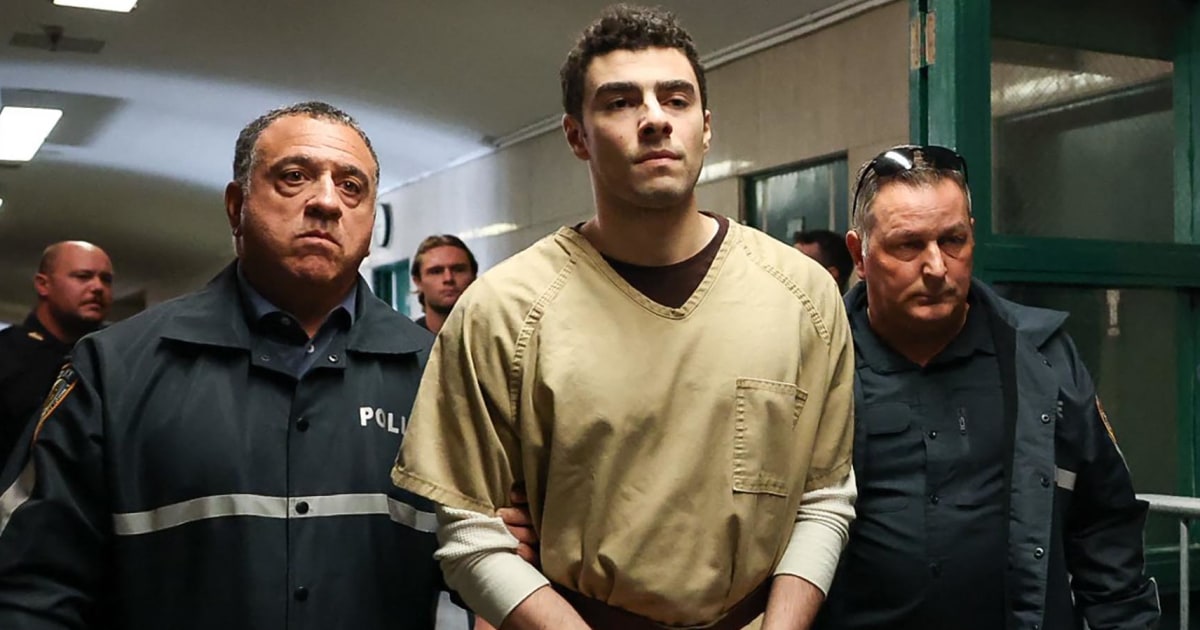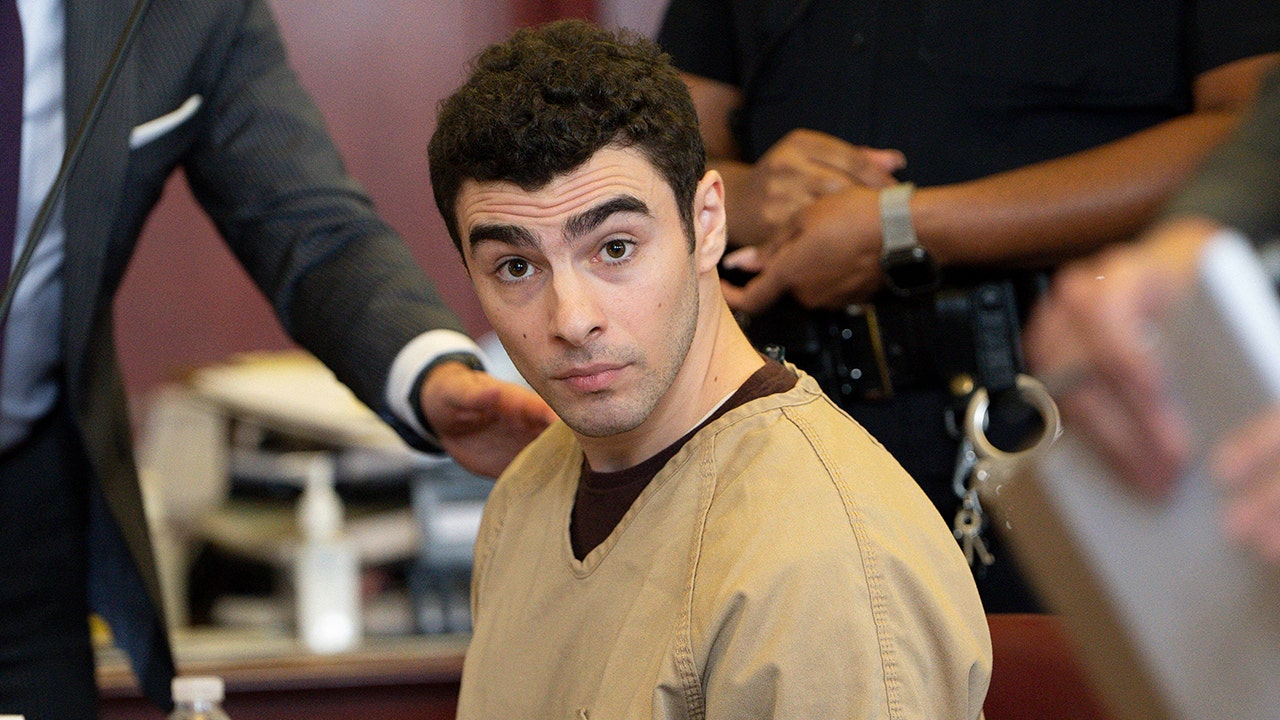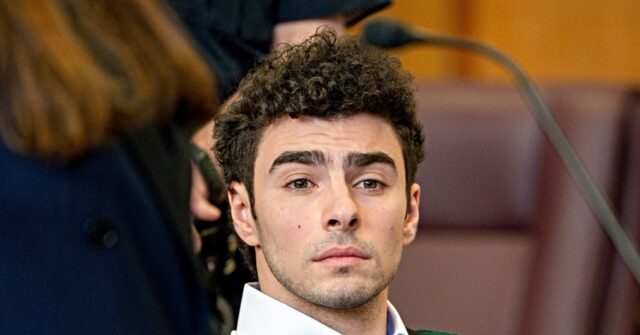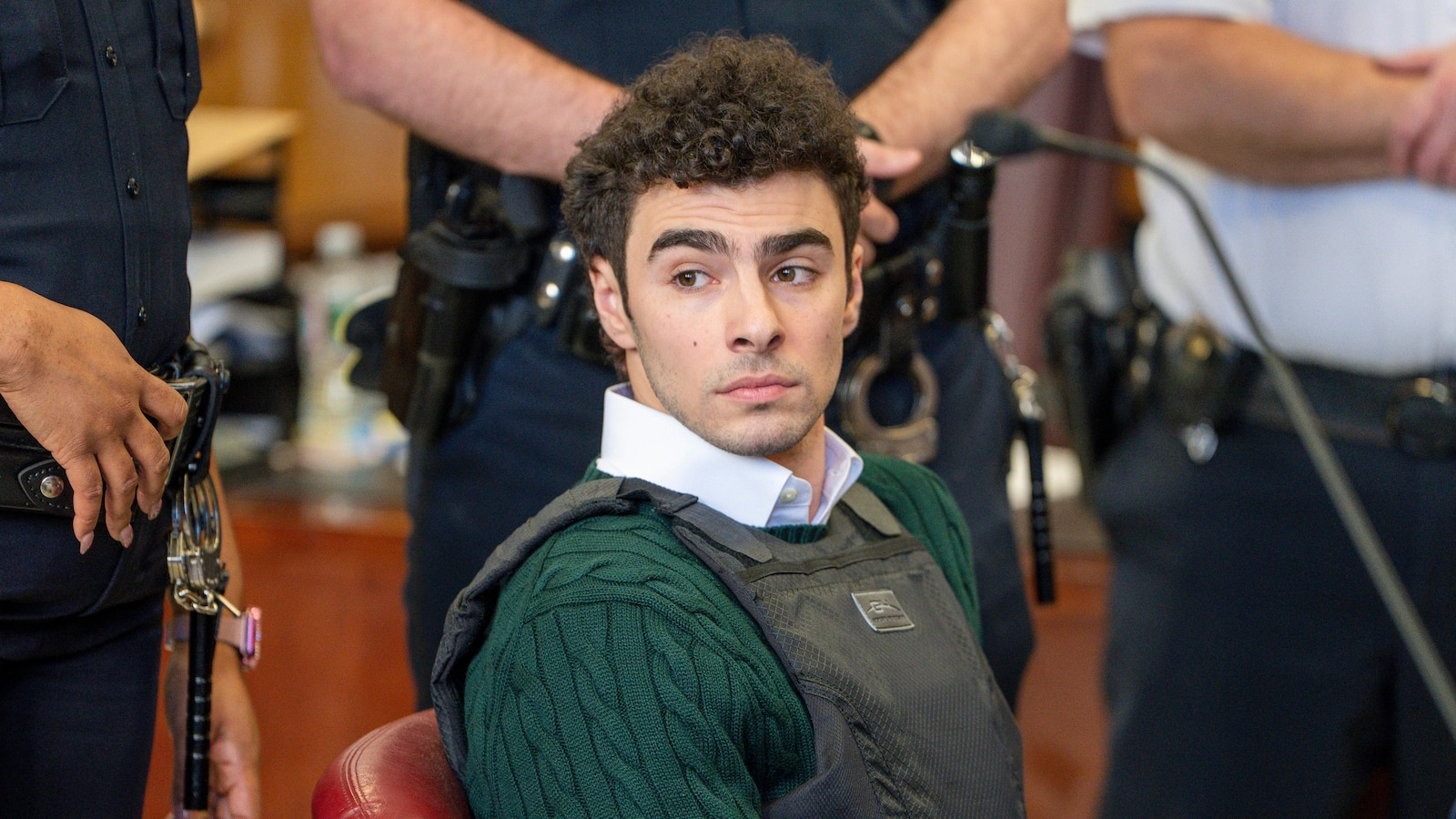Judge Dismisses Terrorism Charges Against Luigi Mangione in UnitedHealthcare CEO Murder Case
A New York judge dismissed terrorism charges against Luigi Mangione, accused of killing UnitedHealthcare CEO Brian Thompson, citing insufficient evidence, though murder charges persist.
Subscribe to unlock this story
We really don't like cutting you off, but you've reached your monthly limit. At just $5/month, subscriptions are how we keep this project going. Start your free 7-day trial today!
Get StartedHave an account? Sign in
Overview
- A New York judge, Gregory Carro, dismissed state terrorism-related murder charges against Luigi Mangione, 27, citing legal insufficiency and lack of evidence in the killing of UnitedHealthcare CEO Brian Thompson.
- Judge Carro differentiated Mangione's alleged crime from the specific examples of terrorism outlined in the statute, a decision explained by Andrew McCarthy on 'The Glenn Beck Program'.
- Despite the dismissal, Mangione still faces second-degree murder charges in New York, which could lead to a sentence of 15 years to life in prison if convicted.
- Mangione also faces federal charges, including stalking and murder through the use of a firearm, with the U.S. Justice Department reportedly seeking the death penalty in that case.
- Mangione pleaded not guilty to all charges, even after being found with incriminating evidence like the alleged murder weapon, a fake ID, a diary, and a three-page manifesto.
Report issue

Read both sides in 5 minutes each day
Analysis
Center-leaning sources frame this story by consistently contextualizing Luigi Mangione's actions within broader societal frustrations over healthcare costs and political violence. They portray him as a symbolic figure, noting his "cult following" and how his case has sparked wider discussions, thereby elevating the narrative beyond a singular criminal act to a reflection of larger social tensions.
Articles (24)
Center (5)
FAQ
The judge dismissed the terrorism-related charges because the evidence was deemed legally insufficient to meet the legal definition of terrorism as outlined in the state statute.
Mangione still faces second-degree murder charges in New York, which could lead to 15 years to life in prison if convicted, as well as federal charges including stalking and murder with a firearm.
The federal case includes charges of stalking and murder through the use of a firearm, with federal prosecutors reportedly seeking the death penalty. The next federal hearing is scheduled for December 5th, 2025.
At the time of his arrest, Mangione was found with the alleged murder weapon, a fake ID, a diary, and a three-page manifesto.
Mangione has been viewed negatively by the majority of American adults in opinion polls, although younger and more liberal respondents are more likely to view him favorably, with some supporters calling him a folk hero in connection to negative opinions of the health insurance industry.
History
- 2M

 14 articles
14 articles
- 2M

 3 articles
3 articles

